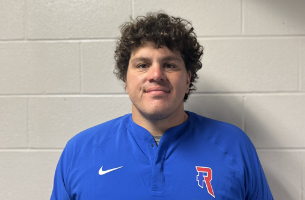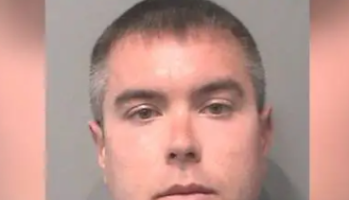BLOOMINGTON, Ind. — As the holidays inch closer and closer, there are people who aren’t incredibly excited by the idea of snowfall and Christmas presents. For some people, this time of year is battle against seasonal depression.
Dr. Susan Conroy, Assistant Psychiatry Professor at the Indiana University School of Medicine says seasonal depression is not a rarity. It’s a common problem for people of all backgrounds.
“The first thing is, it’s really common,” Dr. Conroy explains, “up to 3-percent of people have a clinically diagnosable version of seasonal depression. But a lot more people than that suffer from various degrees of severity for depression, especially in the winter time.”
Dr. Conroy says the warning signs are familiar: low energy, loss or gain in appetite, sleeping a lot more, trouble concentrating, and even thoughts of suicide. She says the trigger for seasonal depression is a bit unusual.
Dr. Conroy explains, “it’s the decreased amount of day light that happens this time of year, and we know the serotonin and melatonin systems in the brain are both involved, highly related to sleep/wake schedules and alertness.”
She says if you or someone you know are beginning to see the symptoms, it’s best to reach out to family, friends, doctors, and even the National Suicide Prevention Hotline at 1-800-273-8255.
Some doctors may even recommend something called light therapy, where special light bulbs are used throughout your home, which help trick the brain out of the seasonal depression cycle.
Dr. Conroy says when this time of year comes around, it’s best to stay on a strict sleep schedule, making sure to stay awake and alert all day, and sleeping all night.












